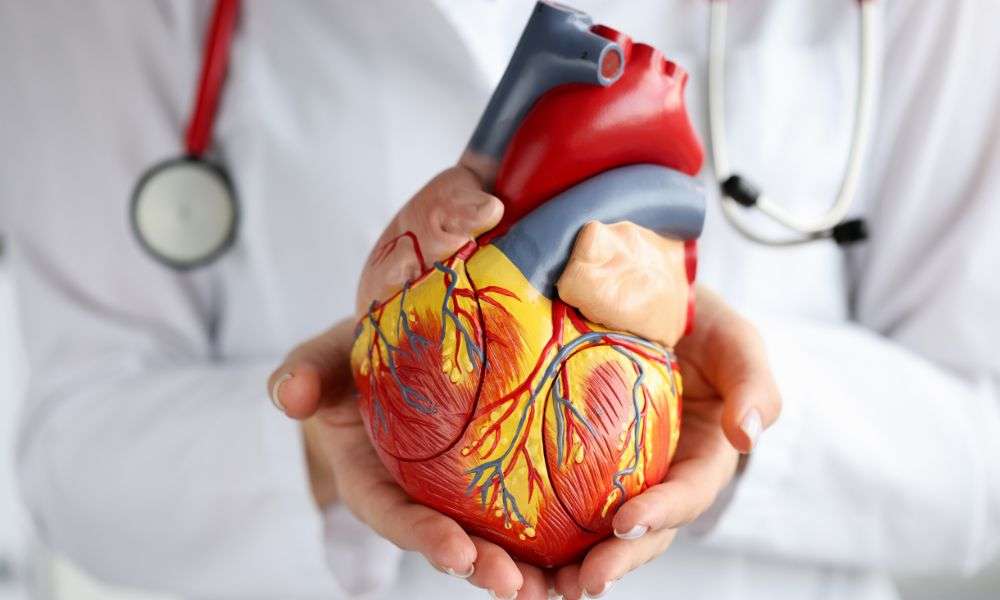Vitamin K2: Menaquinone's Crucial Role in Calcium Metabolism
Vitamin K2, a lesser-known nutrient in the vitamin K family, has emerged as a key player in calcium metabolism and bone health. This fat-soluble vitamin, also known as menaquinone, has long been overshadowed by its more famous counterpart, vitamin K1. However, recent research has unveiled a wealth of information about K2's unique properties and its critical role in directing calcium to bones and teeth, while preventing its deposition in soft tissues. As our understanding of this vital nutrient grows, so does its potential to revolutionize our approach to osteoporosis prevention, cardiovascular health, and overall wellness.

As scientific interest in vitamin K2 grew, researchers uncovered its pivotal role in activating specific proteins involved in calcium metabolism. This discovery led to a deeper understanding of K2’s importance beyond blood clotting, particularly in bone health and cardiovascular function. The identification of different subtypes of vitamin K2, such as MK-4 and MK-7, further expanded our knowledge of its diverse effects on human health.
Menaquinone’s Unique Mechanism of Action
At the heart of vitamin K2’s functionality lies its ability to activate proteins that regulate calcium distribution in the body. The most notable of these proteins are osteocalcin and matrix Gla protein (MGP). Osteocalcin, when activated by K2, helps bind calcium to the bone matrix, enhancing bone density and strength. Conversely, MGP prevents calcium from depositing in soft tissues like blood vessels and organs.
This dual action of vitamin K2 is particularly significant in the context of cardiovascular health. By promoting calcium incorporation into bones and inhibiting its accumulation in arteries, K2 may help reduce the risk of both osteoporosis and arterial calcification simultaneously. This unique mechanism sets K2 apart from other nutrients and highlights its potential as a multifaceted approach to health maintenance.
Dietary Sources and Bioavailability
Vitamin K2 is found naturally in certain foods, with fermented products being particularly rich sources. Natto, a traditional Japanese dish made from fermented soybeans, stands out as one of the most potent dietary sources of K2, specifically the MK-7 subtype. Other notable sources include certain cheeses, particularly those made with bacterial fermentation, as well as egg yolks and organ meats.
The bioavailability of vitamin K2 varies depending on its source and subtype. MK-7, found abundantly in natto, has a longer half-life in the body compared to MK-4, making it potentially more effective at maintaining stable blood levels of the vitamin. This difference in bioavailability has led to increased interest in MK-7 supplements, although both subtypes have demonstrated health benefits in various studies.
Emerging Research and Potential Health Benefits
As research on vitamin K2 continues to expand, scientists are uncovering potential benefits beyond bone and cardiovascular health. Some studies suggest that K2 may play a role in insulin sensitivity and glucose metabolism, potentially offering a new avenue for diabetes prevention and management. Additionally, preliminary research indicates possible anti-inflammatory and anti-cancer properties, though more extensive studies are needed to confirm these effects.
In the realm of cognitive health, vitamin K2 has shown promise in animal studies for its potential neuroprotective effects. Some researchers hypothesize that K2 may help prevent or slow the progression of neurodegenerative diseases by reducing inflammation and oxidative stress in the brain. While human studies are still in their early stages, these findings open up exciting possibilities for future research and potential therapeutic applications.
Challenges in K2 Research and Supplementation
Despite the growing body of evidence supporting vitamin K2’s health benefits, several challenges remain in fully understanding and utilizing this nutrient. One significant obstacle is the lack of standardized testing methods for measuring vitamin K2 status in the body. Unlike other vitamins, there is no universally accepted biomarker for K2 deficiency, making it difficult to assess individual needs and supplement efficacy.
Furthermore, the optimal dosage and form of K2 supplementation remain topics of debate among researchers and healthcare professionals. While some studies have shown benefits with doses as low as 45 micrograms per day, others suggest that higher doses may be necessary for certain health outcomes. The choice between MK-4 and MK-7 supplements also adds complexity to the decision-making process for both researchers and consumers.
The Future of Vitamin K2 in Nutrition and Medicine
As our understanding of vitamin K2 continues to evolve, its potential impact on public health and medical practice grows increasingly apparent. The integration of K2 into nutritional guidelines and medical protocols could lead to more comprehensive approaches to preventing and treating conditions related to calcium metabolism, such as osteoporosis and cardiovascular disease.
Moreover, the synergistic effects of vitamin K2 with other nutrients, particularly vitamin D and calcium, present opportunities for developing more effective nutritional strategies. Some researchers propose that the combination of these nutrients could offer a more balanced and holistic approach to bone health and overall well-being.
In conclusion, vitamin K2 represents a fascinating frontier in nutritional science, with implications that extend far beyond its initial discovery as a coagulation factor. As research progresses, this once-overlooked nutrient may prove to be a crucial component in our arsenal against some of the most prevalent health challenges of our time. The ongoing exploration of vitamin K2’s mechanisms and potential applications promises to yield valuable insights that could reshape our understanding of nutrition and its role in maintaining optimal health.




